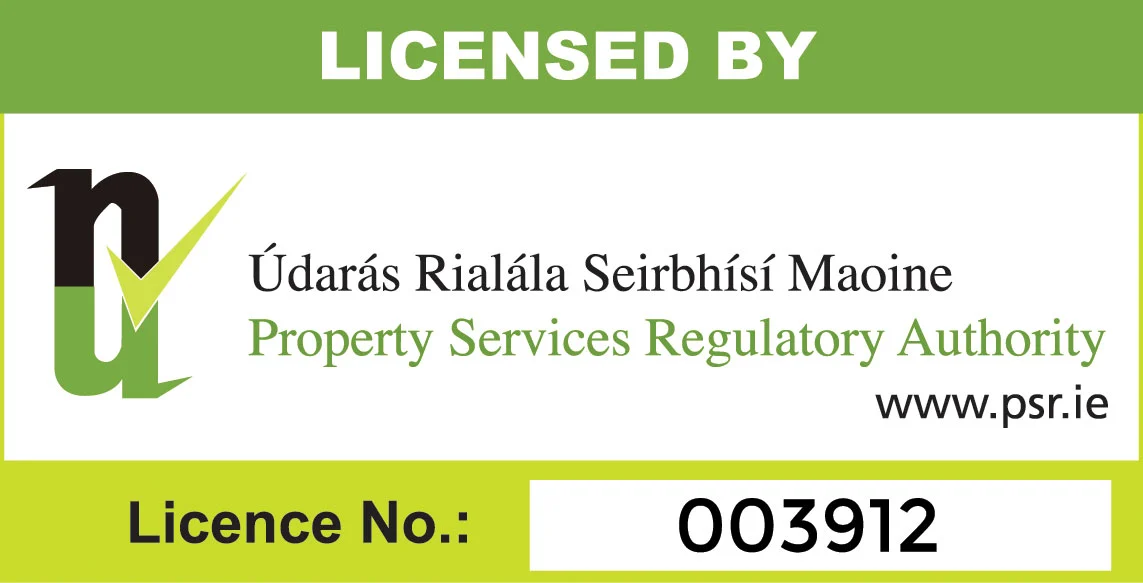Ultimate Guide to Selling a Property / Tips for Selling Your House
Selling a property can be a daunting process given the amount of money involved. In this article, we give some practical advice to ensure that you sell your property for the highest price, in the quickest time for the lowest fees.

Choosing an Auctioneer
Agreeing the Initial Guide Price
The process of selling a property typically starts with choosing an auctioneer. The key mistake that sellers make here is to simply choose the estate agent who gives them the highest “valuation” ie the one who tells them what they want to hear.
This really is the worst thing you can do. The market, NOT AN ESTATE AGENT, ultimately values your property for you ie it’s worth what the highest bidder is willing to pay. As all estate agents pretty much do the same thing, most rely on giving sellers unrealistic expectations of the property’s likely value in order to win the business ie if they’re all providing what has become a commoditised service for in and around the same fees, the only way to stand out is to express confidence in an ability to achieve a very high price.
At Auctioneera, we regularly hear “XYZ estate agent ‘valued’ the property at €x so I am going with them!” A few weeks later, when the market hasn't shared the estate agent’s “valuation”, the guide price is quietly dropped back to a more realistic level. Alas, many would-be buyers have moved on, having been frightened off by the initial high price. By listing the property at too high a price, interest can be killed off from the start ensuring sparsely populated open viewings, little interest and no chance of a bidding war.
In our view, a property should be listed marginally below the expected sale price and any estate agent will be able to quickly show you recent sales prices in your area (using the Property Price Register) in order to establish this number. From that starting point, interested parties can bid the property up to its actual value.
Fees
Once that guide price is established, you need to ask what fees are involved. In our view, paying a percentage of the sales price of a property is madness; paying marketing fees on top of this is insanity. Make sure to agree a fixed price; why should you share your hard-won equity with an estate agent! Auctioneera offers Ireland’s lowest fixed price fee, which you only pay if you sign contracts with a purchaser.
Property Photography
Ask your estate agent how they will take the photos of your property. If they suggest on their phone, tell them you’ll get back to them! Proper estate agents will send a skilled photographer to your property to make it stand out from the crowd online.
2d Floor Plans
The square footage of the property is probably one of the most commonly asked questions. Ensure that your estate agent will generate 2d floor plans of your property and add these to your online listing.
Communication
Traditional estate agents hold all the cards. They sit in the middle of the buyers and the sellers and only they know what the current highest bid is and who has made it. Make sure you agree a system with your auctioneer as to how they will update you on the highest bid eg will they update you by email every Friday. All Auctioneera clients get an online account with us where bids are logged in real time. The vendor can log in at any point to check the current highest bid and who has made it.
Viewings
Ask your auctioneer how they manage viewings. Do they hold open viewings at the weekend? Remember that you will need to have the property spic and span for the viewings and it is recommended that you not be present while they are happening. This is a little bit inconvenient but is a necessary evil.
Rented Properties
Selling a rental property poses a few more issues than selling a principal private residence.
With Tenants or Without?
If your property is a rental property, then you will need to decide whether to sell with tenants in situ or with vacant possession. This is an important decision and we cover it in more depth in this article: Should I Remove Tenants Before Selling My Property
Tax Implications - CGT
Remember that rental properties, unlike your principal residence, will be subject to capital gains tax. It is worth engaging the services of an accountant to advise you on this part of the process as the numbers can be large, particularly if you have owned the property for a long time.

Pre-Empting Banana Skins
Just because your property has gone sale agreed doesn’t mean it will progress to closing. There are a number of potential pitfalls along the way to try to pre-empt and avoid.
Checking for Proof of Funds / Beware Chains!
A surprisingly large number of people will bid on properties first and figure out how to pay for them later! Before your estate agent goes sale agreed on your property, make sure that (s)he has checked that the buyer actually has the money. It is not uncommon for a buyer to be in the process of selling their own property and closing that is required before they can buy yours ie there is a chain in place and your property is at the end; if that chain breaks, your sale falls through. If you are going to accept such an offer, be prepared for a wait of at least several weeks while the sale of purchaser’s property concludes. If it falls through, then so does their offer on your property. This is why many vendors prefer to accept “clean” offers from buyers with financing already in place or even better, a cash buyer.
Planning Permission
Issues with planning is one of the main reason for sales “falling through.” If you have modified your property without planning permission, then now is the time to check if you are in fact in breach. Large garden sheds, erection of garden fences, extensions and even porches may need planning permission in some instances, so if you are unsure, now is the time to get clarification. Again, your auctioneer should be able to point you in the direction of a reliable engineer / architect who will advise you if you are in breach of planning laws and if so, what’s the best thing to do.
You may need to apply for retention planning permission whereby the local council sanctions the alteration to the property and makes it above board. A retention planning application can take several weeks so it is worth starting this process well before you go sale agreed to prevent it delaying things down the line - better to grasp the nettle up front.

It’s important to note here that some people are under the mistaken belief that if an alteration to a property has been in place for 7 years or more, it is deemed to be compliant. This is not true. While the council cannot order you to remove the alteration if it has been in place for this many years, you are still in breach of planning and this will scupper the sale.
BER Certificate
Your property will need a BER certificate. Your estate agent should be able to point you in the direction of a reasonably priced BER assessor if you need one. Read our guide on what exactly a BER is and what’s involved.
Conveyancing
Conveyancing is the legal part of selling your property. Many property vendors wait until they have gone sale agreed to engage a conveyancing solicitor. This can unnecessarily delay things. Our advice is to contact your solicitor as soon as you decide to sell your property; they can start their work while the sale process is still ongoing. If it takes time to, for example, locate the deeds of the property, it is better for that process to start as early as possible instead of at the very end when you go sale agreed.

It is not uncommon to be quoted fees of €1500 + VAT and upwards for conveyancing. A little bit of shopping around and you can easily find conveyancing solicitors to perform this crucial role for €899 + VAT.

